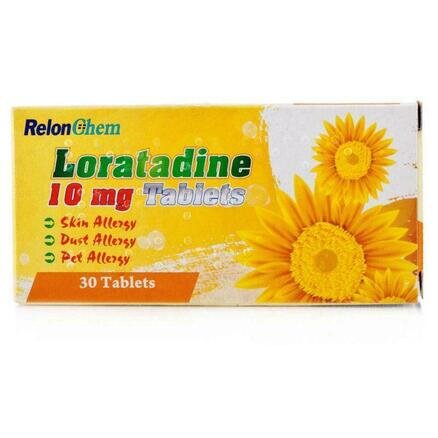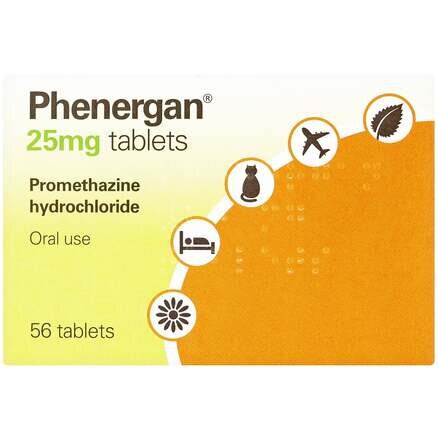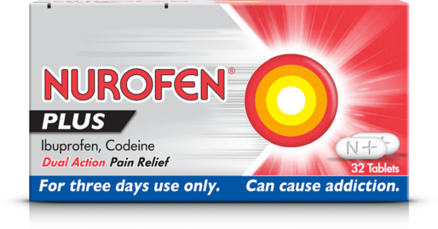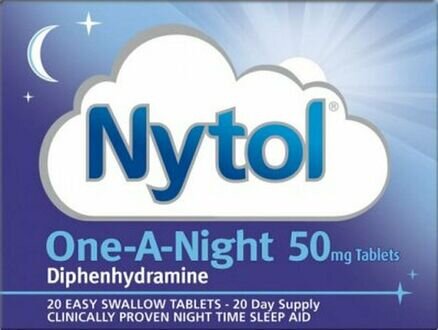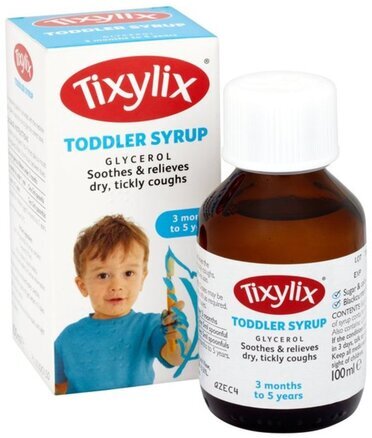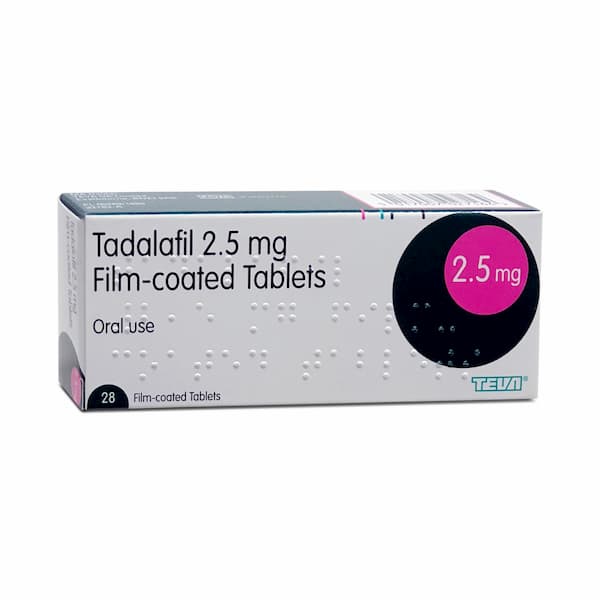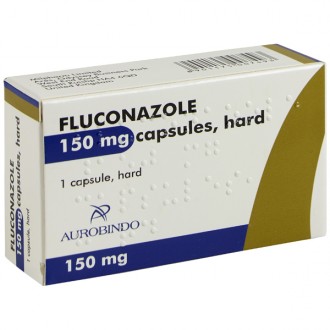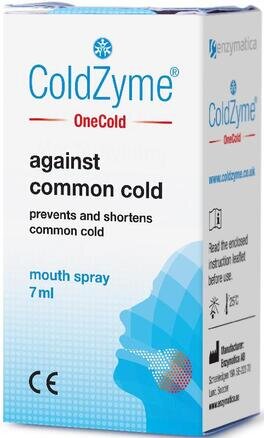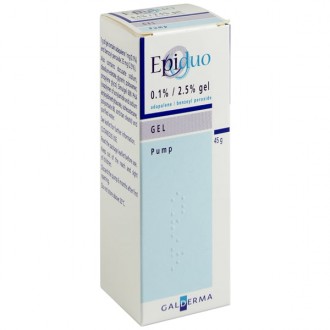Cetirizine 10mg 30 Tablets
Cetirizine 10mg 30 Tablets
Medication features
Cetirizine 10mg is an antihistamine designed to alleviate a range of allergy symptoms such as sneezing, runny nose, itchy, watery eyes. Cetirizine Hydrochloride 10mg tablets relieves pet and dust allergies, skin allergies like hives, and rashes on the skin (idiopathic urticaria and chronic nettle rash). It inhibits the activity of histamine (a material in your body that triggers allergic responses). Cetirizine tablets are suitable for adults and children aged over six years old.
- Relieves mild to moderate allergy symptoms
- Suitable for adults and children aged over six years old
- Allergy relief for hay fever and allergic reactions
Overview
NOTE: After selecting this product, you will need to complete a short assessment, so we can make sure this medication is suitable for you. Pricing is provided as a reference only. The final decision on issuing this medication remains with our Prescriber / Pharmacist.
Cetirizine 10mg tablets is an example of an antihistamine. Antihistamines are used for patients who suffer from a variety of conditions such as allergies, hay fever, sinus problems, and more. Cetirizine is simple once a day tablet that provides relief from itching, runny nose, sneezing, and streaming of the eyes. Cetirizine also has the added benefit of being non-drowsy, making it easier to complete day-to-day tasks whilst experiencing the benefit of the desired therapeutic effect.
FAQ
Will Cetirizine 10mg tablets make me drowsy?
No, Cetirizine hydrochloride tablets will not make you drowsy
Can I use other allergy medication with Cetirizine 10mg tablets?
You can use products such as eye drops and nasal sprays to control your symptoms but it is not recommended to take any further oral antihistamines alongside Cetirizine hydrochloride tablets without seeking medical advice
How often should I take Cetirizine 10mg tablets?
Cetirizine hydrochloride tablets should be taken as a single dose each day
Side Effects
Cetirizine hydrochloride tablets may cause rare side effects, including dizziness, headache, dry mouth, itching sore throat, and abdominal pain.
Other
Info Leaflet
Before taking any medicines such as Cetirizine hydrochloride tablets, regardless of whether they are over-the-counter or prescription-only, it is essential always to read the patient information leaflet.
Reviews
We Also Recommend
Loratadine 10mg Film-coated... In stock
From £1.99Phenergan 25mg - 56 Tablets Out of stock
From £7.99Nurofen Plus - 32 Tablets In stock
From £7.49Nytol One-A-Night 50mg Tablets... In stock
From £6.89JAKEMANS menthol lozenges... In stock
From £0.99TIXYLIX TODDLER syrup 0.75ml/5ml... In stock
From £3.89Tadalafil In stock
From £10.99Fluconazole In stock
From £4.99COLDZYME mouth spray 7ml Out of stock
From £9.99Epiduo Gel In stock
From £26.99BELL'S OTC medicines cough... Out of stock
From £3.29SNUFFLEBABE nasal drops 10ml In stock
From £3.20



